The alignment of toothbrushes might seem like an odd subject for celestial contemplation, yet a peculiar subculture has emerged around interpreting their angles as cosmic omens. What began as a joke among dental hygiene enthusiasts has spiraled into an absurdist practice where bristle direction is scrutinized with the gravity of ancient astrologers charting planetary movements. This phenomenon, alternately mocked and embraced as "brushomancy," reveals how humans impose meaning onto even the most mundane objects when searching for patterns in chaos.
Early mentions of toothbrush divination appear in obscure online forums circa 2012, where users jokingly attributed failed job interviews to leaving their Oral-B at a 37-degree angle. The trend gained traction when an Instagram account documenting "prophetic bristle formations" went viral, showcasing photos of crooked toothbrushes alongside subsequent life events—a chipped incisor coinciding with a sideways-facing brush, or a surprise tax refund paired with perpendicular bristles. By 2018, over 200 Reddit threads debated whether electric toothbrush oscillation patterns could predict cryptocurrency fluctuations.
Modern practitioners have developed elaborate interpretive systems: north-facing handles signal career changes, southeast angles warn of gastrointestinal distress, and a wobbling brush resting at 15 degrees allegedly precedes encounters with ex-lovers. The most devoted followers create midnight "brush charts," photographing their bathroom counters to analyze how Venus retrograde might influence next morning's bristle splay. Skeptics note these readings conveniently align with confirmation bias—no one remembers the 298 times their toothbrush pointed west and nothing remarkable occurred.
Scientific scrutiny has yielded predictably dismissive results. A 2021 MIT study tracking 4,000 toothbrushes found zero statistical correlation between placement and life events beyond random chance. Undeterred, brushomancers counter that laboratory settings disrupt the "natural vibrational energy" between nylon bristles and cosmic forces. Some avant-garde believers have taken to "charging" toothbrushes under full moons or arranging them in mandala patterns to "harmonize ionic energies."
The phenomenon taps into deeper psychological tendencies. Like reading tea leaves or astrology, brushomancy provides illusory control amid life's unpredictability. A marketing executive who wished to remain anonymous confessed: "After my divorce, noticing my toothbrush consistently tilted left gave me a ritual to process grief. Was it nonsense? Absolutely. Did checking its angle every morning create a sense of order? Yes." This intersection of mundane object and mystical thinking reflects humanity's enduring desire to find narrative in randomness—even if the oracle lives on your bathroom sink.
Cultural commentators observe parallels between brushomancy and other pseudoscientific trends flourishing in the digital age. The same generation that mocks horoscopes will earnestly debate whether an upturned toothbrush handle signifies impending Wi-Fi outages. Anthropologist Dr. Elena Petrov notes: "When traditional institutions lose authority, people sacralize everyday items as vessels of meaning. Your grandfather consulted priests about harvests, you consult your Philips Sonicare about Tinder dates." The practice's sheer absurdity may explain its appeal—a conscious embrace of ridiculousness as antidote to existential dread.
Corporate America has predictably commercialized the trend. Walmart now sells "astro-brushes" with compass bases, while a startup offers Bluetooth-enabled handles that sync bristle angles to zodiac apps. Recent patent filings reveal Procter & Gamble developing "smart bristles" that change color based on "cosmic alignment," though critics argue this exploits mental health vulnerabilities. Meanwhile, avant-garde artists have mounted gallery exhibits featuring thousand-toothbrush installations mimicking constellations, blurring lines between parody and genuine mysticism.
Whether passing fad or enduring folk tradition, toothbrush divination underscores our species' relentless pattern-seeking. As long as humans stare at bathroom sinks contemplating life's uncertainties, there will always be someone scrutinizing whether that 23-degree tilt means they should call their mother or short sell Tesla stock. The cosmos whispers in strange ways—sometimes through telescopes, sometimes through dental hygiene products left at questionable angles beside dripping faucets.
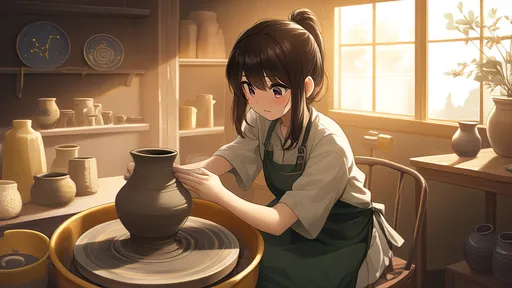
By /Aug 14, 2025
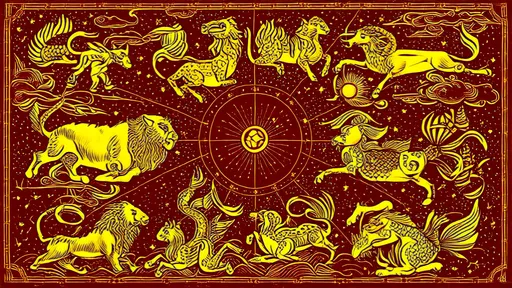
By /Aug 14, 2025

By /Aug 14, 2025
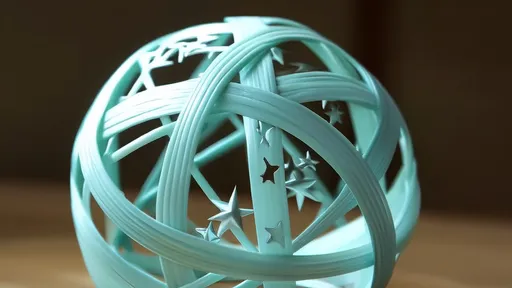
By /Aug 14, 2025
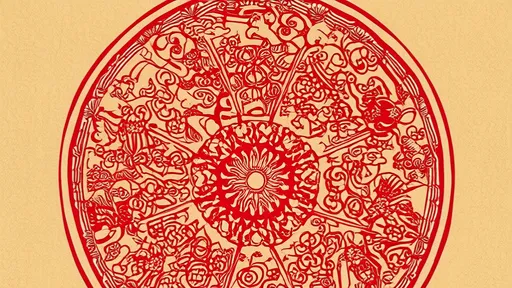
By /Aug 14, 2025
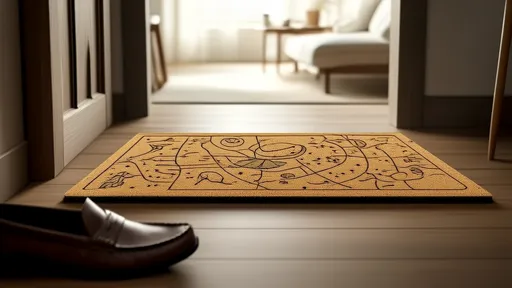
By /Aug 14, 2025
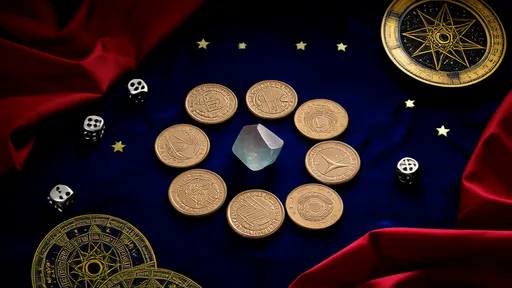
By /Aug 14, 2025
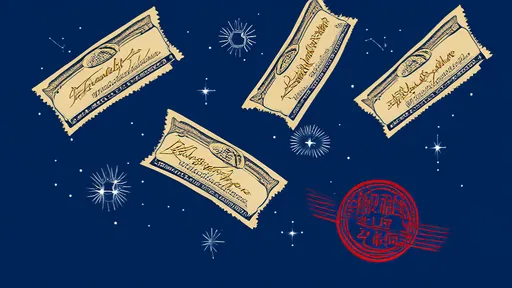
By /Aug 14, 2025

By /Aug 14, 2025
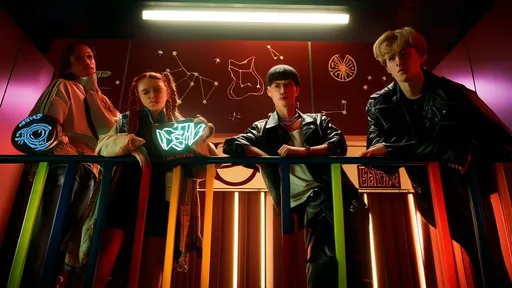
By /Aug 14, 2025
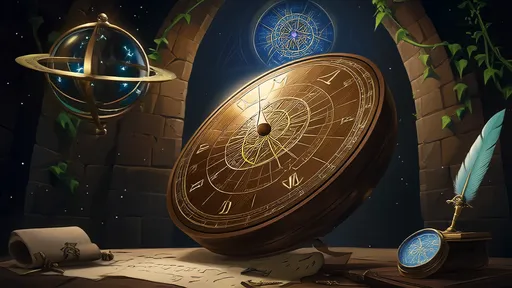
By /Aug 14, 2025
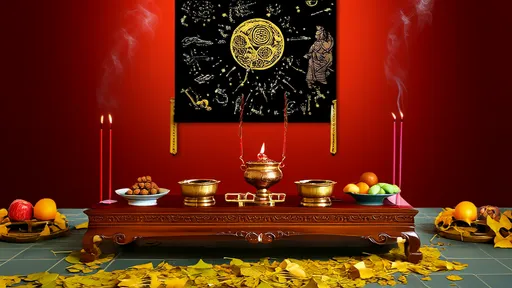
By /Aug 14, 2025

By /Aug 14, 2025

By /Aug 14, 2025
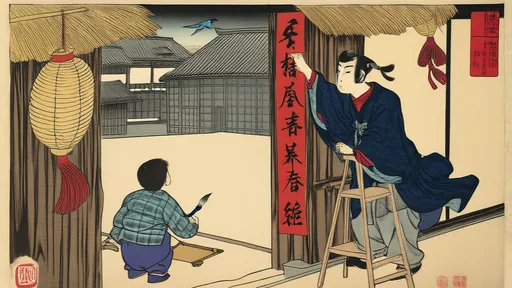
By /Aug 14, 2025
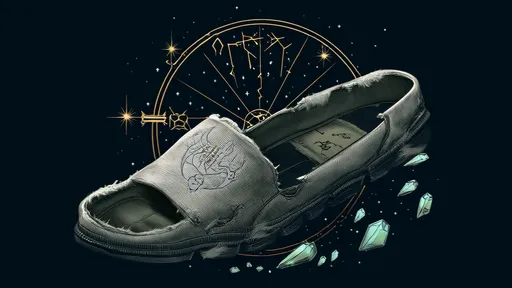
By /Aug 14, 2025
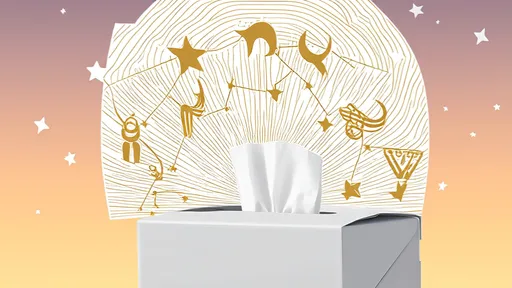
By /Aug 14, 2025
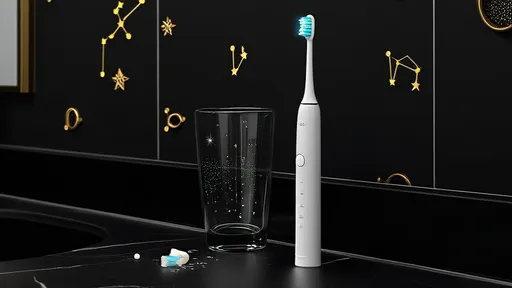
By /Aug 14, 2025
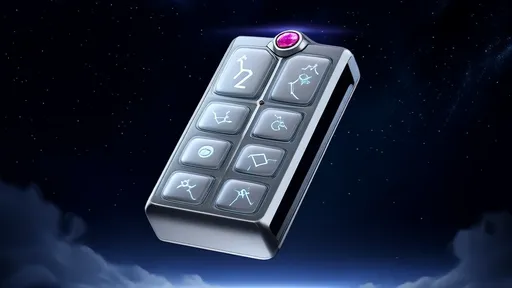
By /Aug 14, 2025
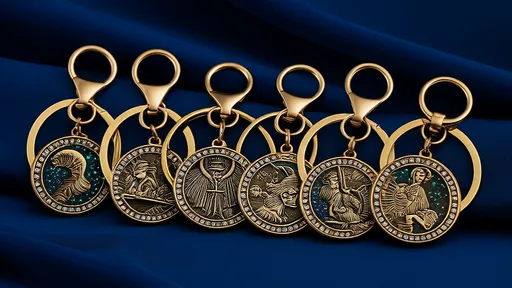
By /Aug 14, 2025